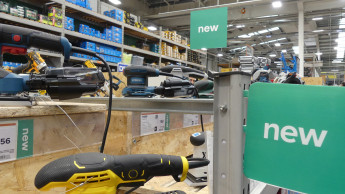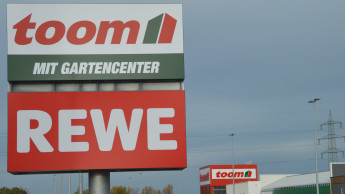

deep insights, facts & figures

Quality assurance succeeds only through the interaction of manufacturers and dealers, as demonstrated by the example of the tool industry
These days QM systems in compliance with ISO 9001:2008 are standard in the international tool industry. When it comes to the certificates submitted by manufacturers, dealers should check, in addition to their validity, whether the issuing company is internationally accredited and linked through its accrediting body to the International Accreditation Forum (IAF). This body ensures the worldwide uniformity of the accreditation processes. It also pays to take a second look at what the certificate actually covers: if the company claims to be a manufacturer with its own research and development department, both must be clearly shown on the certificate. However, the FWI (Association of German Tool Manufacturers) warns that such certification is still no guarantee of quality. In the long run, quality is measured by how well both product and service fulfil the customer’s expectations. So on the one hand it is a matter of establishing these requirements; on the other, no expectations should be aroused in the end-consumer that the product cannot fulfil. This presumes close coordination between manufacturer and dealer, with perhaps a distributor as an intermediary as well. The distributive trade can access the necessary flow of information through putting buying and product management in just one person’s hands. This avoids a situation where price as the main criterion dominates quality-relevant criteria like continuity and operative capability of the supplier. Manufacturers provide a great amount of product information in their catalogues and also on their internet pages that can be accessed by customers. Since the manufacturer remains anonymous to the outside if a distributor is involved, this information will fail to reach the end consumer. The FWI believes that there is potential here for improvement by distributors and DIY stores, who as a rule do not publish detailed product information on their websites. Another field of interest in the interaction between manufacturer and DIY traders is the return flow of customer information to the manufacturers. DIY retailers often deal with complaints very generously as a result of competitive pressures. In many cases they consequently miss the opportunity to pass on the reason for the complaint and the potential for improvement that the manufacturer might well have derived from such knowledge. The association expects that existing QM systems will in the future be greatly extended by the areas of environmental protection…
Related articles
Read also

 Menü
Menü












 Newsletter
Newsletter